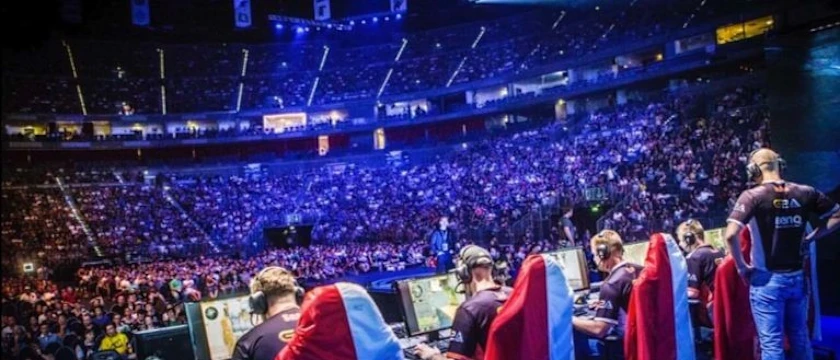Did you know?

Integrity wise, esports and traditional sports are more akin than you may think. Considered the fastest growing sport in the world, esports (or electronic sports, and not to be confused with the fantasy sport) is termed as video/computer games played competitively between individuals or teams of players – popular games include Counter-Strike and Street Fighter. Whilst some do not view esports as a sport (a former ESPN president described it as “not a sport” but a competition), efforts are being made to legitimise esports and it appears sound progress has been made when in January 2020 the President of the International Olympic Committee stated, “Whether they could one day be considered for the Olympic programme – the answer is yes. It depends when this day is coming.”
Similar to traditional sports, integrity issues faced in esports include match-fixing and doping (e.g. using drugs like Adderall to stay alert for much longer) and feature in illegal betting markets in Asia. However, esports also face the unregulated secondary gaming market where gamers can wager virtual commodities such as weapons and magic spells, on matches taking place elsewhere and convert the items won into cash.
Esports also face conduct issues, an interesting example being e-doping which involves the use of “hacks” and “cheats” software to gain any kind of advantage in the game (e.g. never having to reload a weapon).
In 2015, key esports stakeholders established the esports Integrity Coalition (ESIC) whose mission is “to be the recognised guardian of the integrity of esports and to take responsibility for disruption, prevention, investigation and prosecution of all forms of cheating, including, but not limited to, match manipulation and doping.” Sound familiar? That’s because it is reportedly modelled on the ICC Anti-Corruption Code. In addition to having an Anti-Corruption Code in their Integrity Programme, ESIC also has an Anti-Doping Code, a Code of Conduct, and a Code of Ethics.
ESIC’s efforts have led to the prosecution of players, the most recent being ESIC banning 35 Australian players for breaching the anti-corruption code. Additionally, law enforcement has been involved and in 2020 five men were charged with match-fixing offences in Australia in relation to a Counter-Strike competition.
